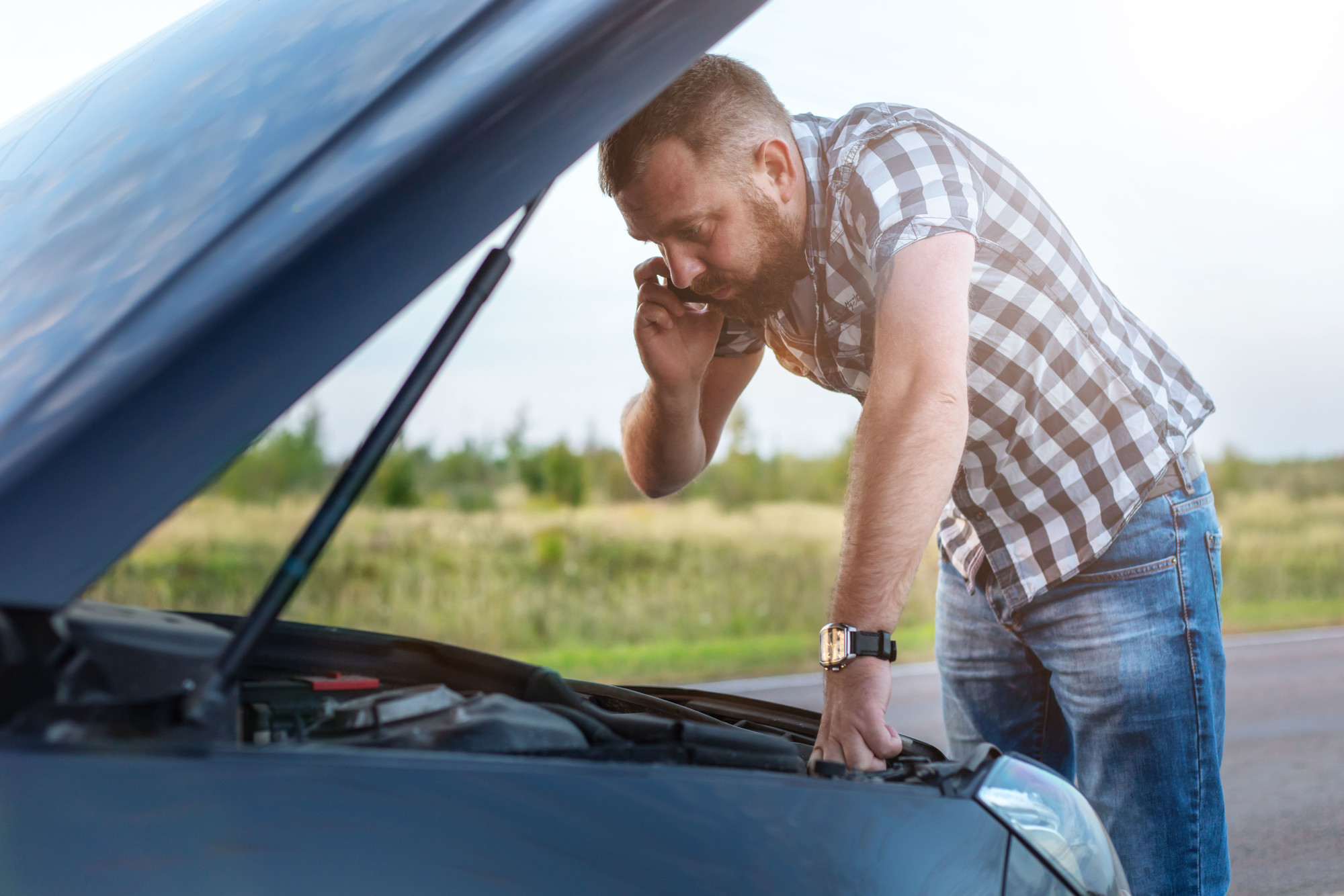Letting go is never easy, especially when it comes to your car. After years of time together, there’s no discounting sentimental value. And if you’ve paid your car off, why buy a new car and reintroduce car payments to your monthly budget?
Well, old cars don’t last forever. The cost of replacing new parts can easily exceed what you pay monthly for a new vehicle. Still, determining whether you should repair or replace your car is a fine line, and it’s not all about money either.
If you’re sitting on an expensive repair proposition, you might be considering a new car. Is now the time? Let’s find out.
1. How Much Are You Spending on Repairs?
So, you don’t have monthly car payments for your old vehicle. It’s been yours for years now. Unfortunately, car payments are only one source of total vehicle expenses.
And we’re not talking about gasoline. Consider the cost of interval maintenance and unexpected repairs. These financial burdens would be otherwise avoided if you bought a new car.
When your odometer starts reaching six digits, you can expect some major maintenance bills, such as $1,000 for a new serpentine belt. Not to mention, you’ll no doubt experience unexpected breakdowns that carry their own expenses.
Treat these vehicle costs like monthly car payments. When you divide your annual expenses into monthly intervals, how much is your used car really costing you? If you paid over $3,000 this year on upkeep and maintenance, that’s almost $300 a month — more than enough to consider a new vehicle.
But when you consider your car’s market value, things get a bit more complicated. Use the Kelley Blue Book to estimate the value of your car in its current condition.
For this example, we’ll say your car is currently valued at $4,000. You need to pay $1,000 to change your serpentine belt. If the new belt increases your car’s value to $5,000, you haven’t lost that money.
After all, you could sell the next day and get every penny back.
But not every repair will increase the value of your car dollar for dollar. And if it’s a massive expense, it may make more sense to put that towards the down payment for a new car.
You never know when your current vehicle, which you just repaired, suddenly becomes unusable. In this situation, the cash you spent on repairs just went down the drain.
2. How Reliable Is Your Car?
Sometimes what’s best for your wallet isn’t necessarily best for you. It’s important to consider your personal satisfaction when dealing with something as stressful as an old vehicle.
Should you repair or replace a car you don’t trust? If you’re afraid it can’t get you to work safely or reliably, that’s a good sign you need a new vehicle even if the current one is cheaper. Sometimes these worries can manifest into real financial disasters, such as losing your job from poor punctuality or incurring medical debt as a result of an accident caused by vehicle failure.
In short, put a price on your peace of mind.
3. Can You Afford a New Car?
A new car is more than a monthly car payment. You’ll likely need to dig into your savings for a down payment. Plus, your car loan will carry interest, and if your credit isn’t great that can put a hamper on reasonable buying opportunities.
Start by doing the math, as we outlined earlier. If unexpected car repairs are already costing you thousands of dollars every year, taking on a car loan may have very little effect on your current car expenses. You could get your hands on a new vehicle for as much as you’re paying now in maintenance fees.
Take a look at some nearby car dealerships to get a good handle on monthly car payments. Across the US, a new car will cost you about $500 a month, and a used one over $300.
Seems expensive? Well, remember your current vehicle still holds value. Even for junkers, you can recoup some cash if you know how to sell a car that doesn’t run.
4. New, Used, or Leased?
You have car replacement options even if your budget is stretched thin. Don’t wait for your current car to break down completely before purchasing a new vehicle. That could put your health and employment at risk.
New cars aren’t great investments since they depreciate at a rapid pace. Not to mention, they come with massive price tags and monthly car payments that only the well-off can afford. If you’re not sure if you should repair or replace for financial reasons, you should probably shy away from buying a new car.
You could go for a leased vehicle. This is the cheapest way to use a new car since you’re only renting it. But it’s also the most expensive way to own a new car because your monthly payments don’t become equity.
The car returns to the owner’s hands at the end of the contract.
Lastly, you have used cars. These are usually cheaper than leased vehicles.
Of course, a used car comes with its own repair and maintenance costs. It’s an improvement if your car is on its last legs, but otherwise, you’re inheriting new repair problems.
Every type of car replacement has its own benefits and drawbacks, and you need to decide which option works best for you.
So, Should You Repair or Replace Your Car?
Follow the money first. If you’re spending an outrageous amount on car repairs, especially for a vehicle with low market value, it’s time to buy a new car.
What if the new car would cost more? At that point, your decision to repair or replace is personal. You’ll have to decide if the peace of mind and convenience of a new car is worth the asking price.
Looking for more automotive advice? Stay tuned into our website.

